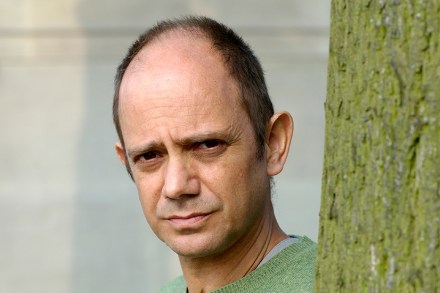Death and dishonour: The Promise, by Damon Galgut, reviewed
If death is not an event in life, as Wittgenstein observed, it’s a curious way to structure a novel. But since death is certainly an event in other people’s lives, Damon Galgut’s family saga, shrunk to the moments of passing, is ingenious. That the narrative takes great leaps over time yet also gives a firm sense of continuity is impressive. The various deaths in the Swart family take place over decades of political change in South Africa, which they barely register on their remote farm. Theirs is a mostly unexamined life, with white rule a given, practically ordained by God. The first death, that of Rachel, or ‘Ma’, is not


